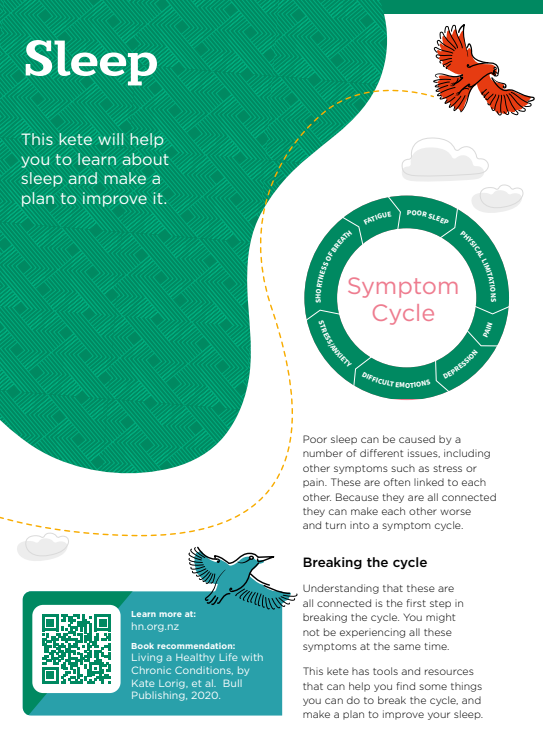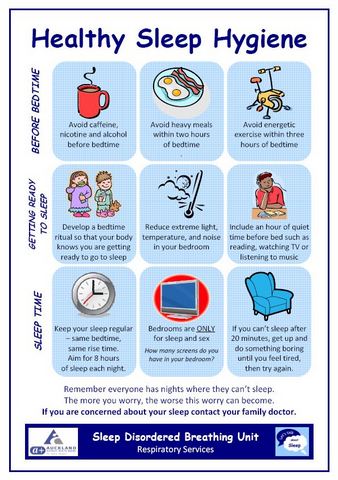Mood and concentration problems
Lack of sleep can make you grumpy, impatient and less tolerant. It can make you feel more stressed out and less able to cope with things. Sleep is linked to your mental health – if you’re not getting enough sleep, you’re more likely to feel depressed and anxious.
Lack of sleep also makes it difficult to make decisions and remember things. This can affect your productivity at work, ability to drive or carry out other tasks.
Hunger and weight gain
If you haven’t had enough sleep, you might find yourself hungrier than usual. This is your body’s way of finding energy. You’ll often crave unhealthy food that is high in fat and sugar, so you might find your waistline expanding due to the increase in calories. Also, a lack of energy makes it harder to exercise during the day, therefore leading to weight gain.
Looking tired
Dark circles under your eyes, and your skin looking dull and unhealthy can be signs you are not getting enough sleep. When you sleep, your body repairs damaged cells so not enough sleep can really show on your face.
Lower libido
When you’re tired, your libido can suffer. The last thing you feel like doing is expending energy and working up a sweat. Lack of sleep lowers your testosterone, a hormone that plays a key role in a person’s sex drive.
Sleepy during the day
If you aren’t getting enough sleep at night, you’re more likely to feel sleepy the next day. You may feel especially tired in the afternoon and have trouble staying awake.
Getting sick more often
If you find yourself getting sick often, it could be due to a lack of sleep. When you’re tired and your body is run down, your immune system is weakened, therefore increasing your chance of catching colds and other ailments.
Read also about sleep deprivation and parenting.










